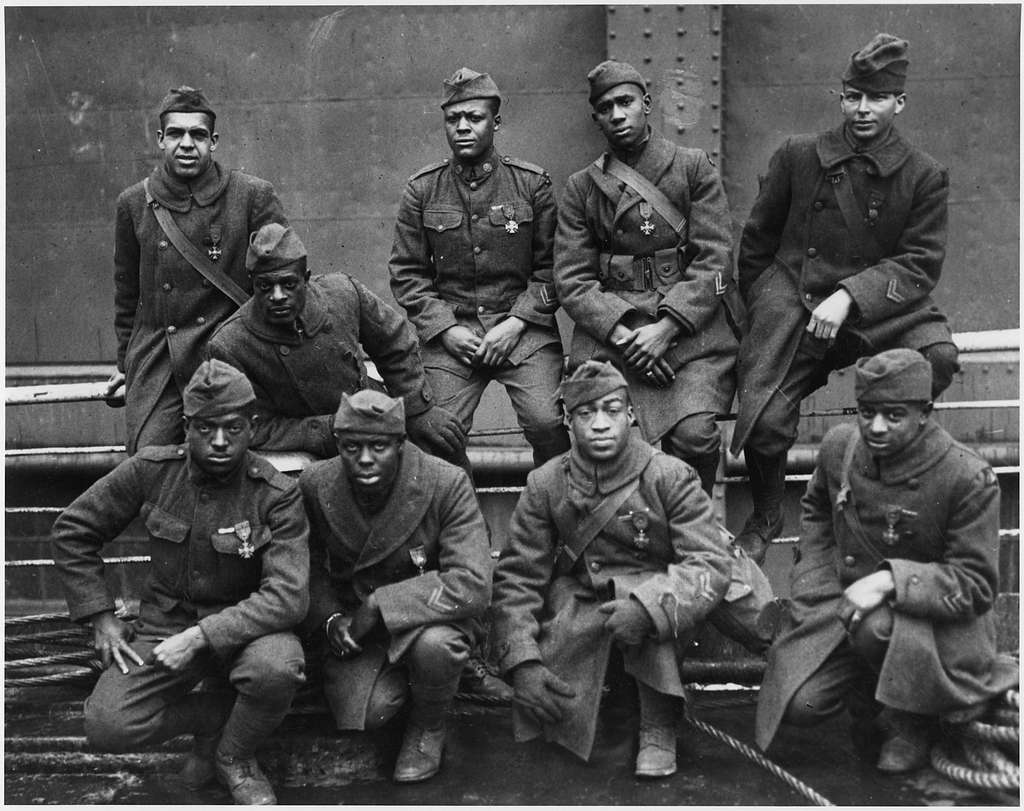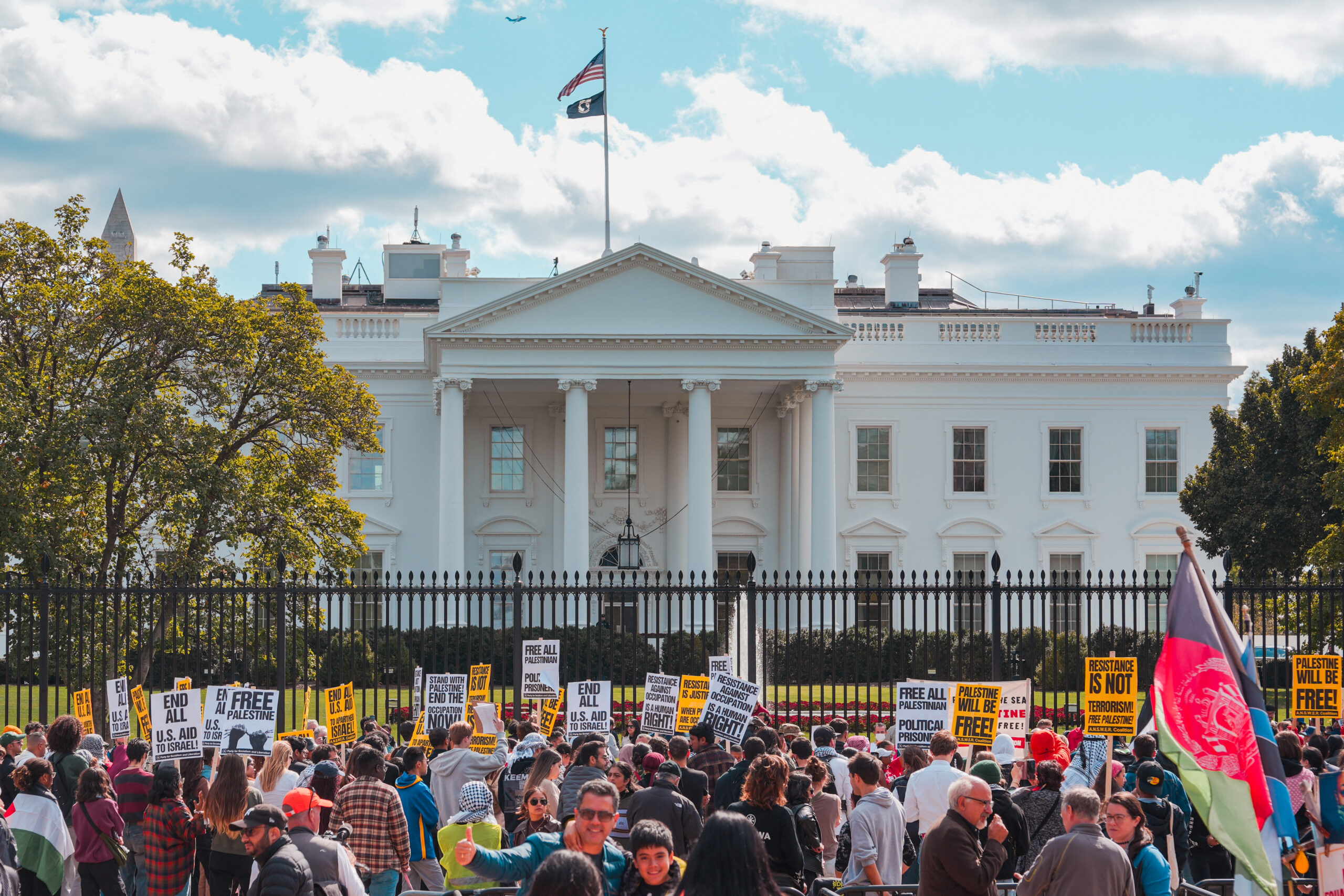Staff writer Ishaan Rahman discusses black veterans experiences in the UK and US and the part the military played in racial reforms.
For Black History Month, we look back at the role of African soldiers in both the U.S. and British militaries. Often marginalised in wider society, military service gave Black people in America and Europe the chance to fight side-by-side with their white peers.
African Americans have a long history in the United States’ military. Their achievements in the armed services were often remarkable given the systematic discrimination that existed throughout American history.
During the Civil War in the 1860s, close to 200,000 Black soldiers enlisted in the Union Army after President Abraham Lincoln promised them freedom. Here, they gained the admiration of many white peers with exceptional skills in combat, including Commanding General Ulysses S. Grant and President Lincoln.
Union General James Steedman said “I was unable to discover that colour made any difference in the fighting of my troops. All, white and black, nobly did their duties as soldiers”, a rather progressive view for the time.
Furthermore, 25 African American soldiers were given the prestigious Medal of Honour. All of this was achieved while Ku Klux Klan violence prevented blacks from voting and accessing public services and discriminatory Jim Crow Laws were implemented.
African American soldiers’ service continued into the 20th century. Those who fought in the First and Second World Wars were often seen as pioneers who led to the eventual repeal segregationist laws with the Civil Rights Act of 1964.
Benjamin Davis Sr. became the first black general in 1940, President Franklin Roosevelt banned discrimination by race in the civil service during his administration, and President Harry Truman finally desegregated the military in 1948 – all of this occurred well before the Civil Rights Act was passed.
While prejudice remained widespread, Black servicemen made achievements in the military which would have been extremely difficult in wider American society.
Today, African Americans form around 14% of the US population but close to 17% of active military personnel. While they remain underrepresented in higher-ranks, over 8% of Generals are black.
In 1989, President George Bush appointed Colin Powell as the military’s most senior General and the Senate unanimously confirmed the first Black head of the Air Force earlier this year. Of course, most notably, in 2009 President Barack Obama became the first African American Commander-in-chief of the US armed services.
Black veterans’ success in the military is still not representative of wider society, however. African Americans continue to be underrepresented at top US colleges, in professions, and in Congress. They also have lower-incomes, high school graduation rates, and life expectancies than their white American counterparts.
How does the story of Black soldiers in Britain compare? Africans were recruited en-masse by the British Empire during both World Wars, sometimes by force. Roughly 600,000 came from British overseas colonies to fight for the allies in Europe and Asia.
The British Government did not approve of racial segregation and no attempts were made to separate blacks from whites, something that was enjoyed by African American soldiers when stationed in Europe. A number of these soldiers were given medals, including the Military Cross.
Despite the absence of segregation, Black soldiers were still mistreated. At the time, similarly ranked African soldiers were paid less than their white equivalents. Recently, the UK Government said it would not compensate African WWII veterans for their lower pay though a minister did say “as we look back in time, we often encounter disparities that would never be acceptable by today’s standards”. Moreover, it was only recently that the stories of Black soldiers who fought at Dunkirk and Normandy landings have been told.
That said, Black participation in the British military hasn’t carried over into the post-war era. Only 2.5% of army officers were from ethnic minority backgrounds; that includes Black and Asian, and that figure was even lower for more senior ranks. This was despite attempts by former Defence Secretary Michael Fallon to increase diversity in recruiting.
Black soldiers have a proud history in the American and British militaries. Their sacrifices helped defeat fascism and communism in the World Wars and Cold War, respectively. Most importantly, though, their achievements and successes the armed services paved the way for more expansive reforms on race.
Editor-in-Chief














